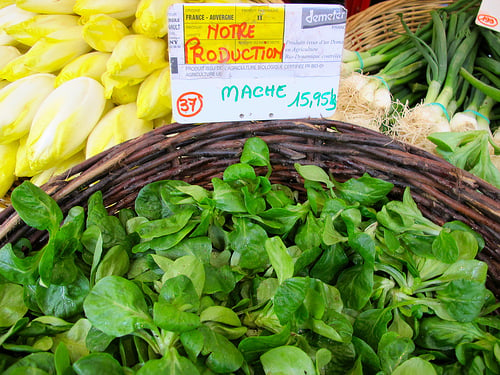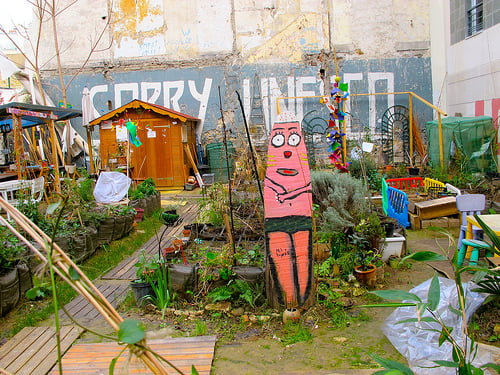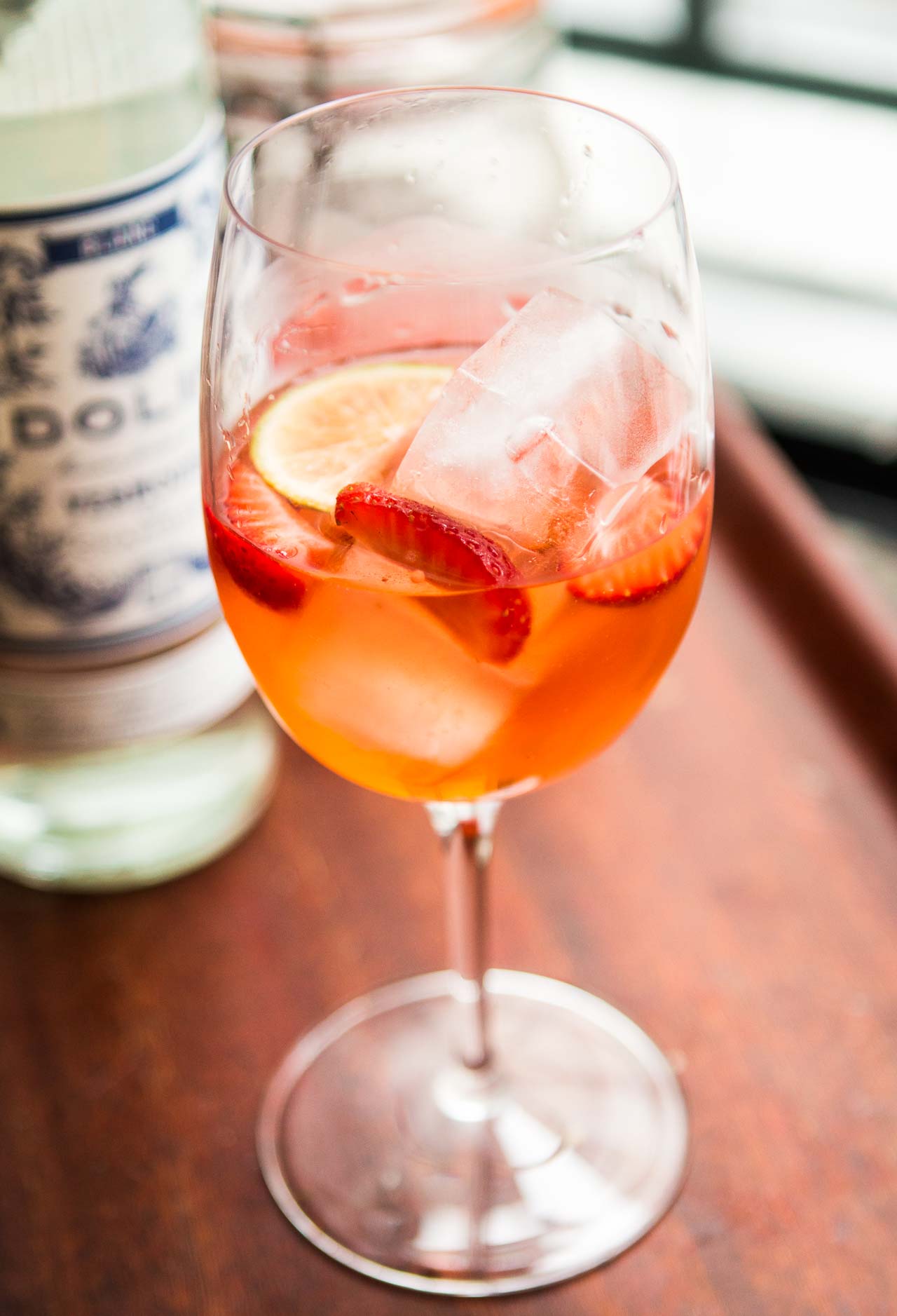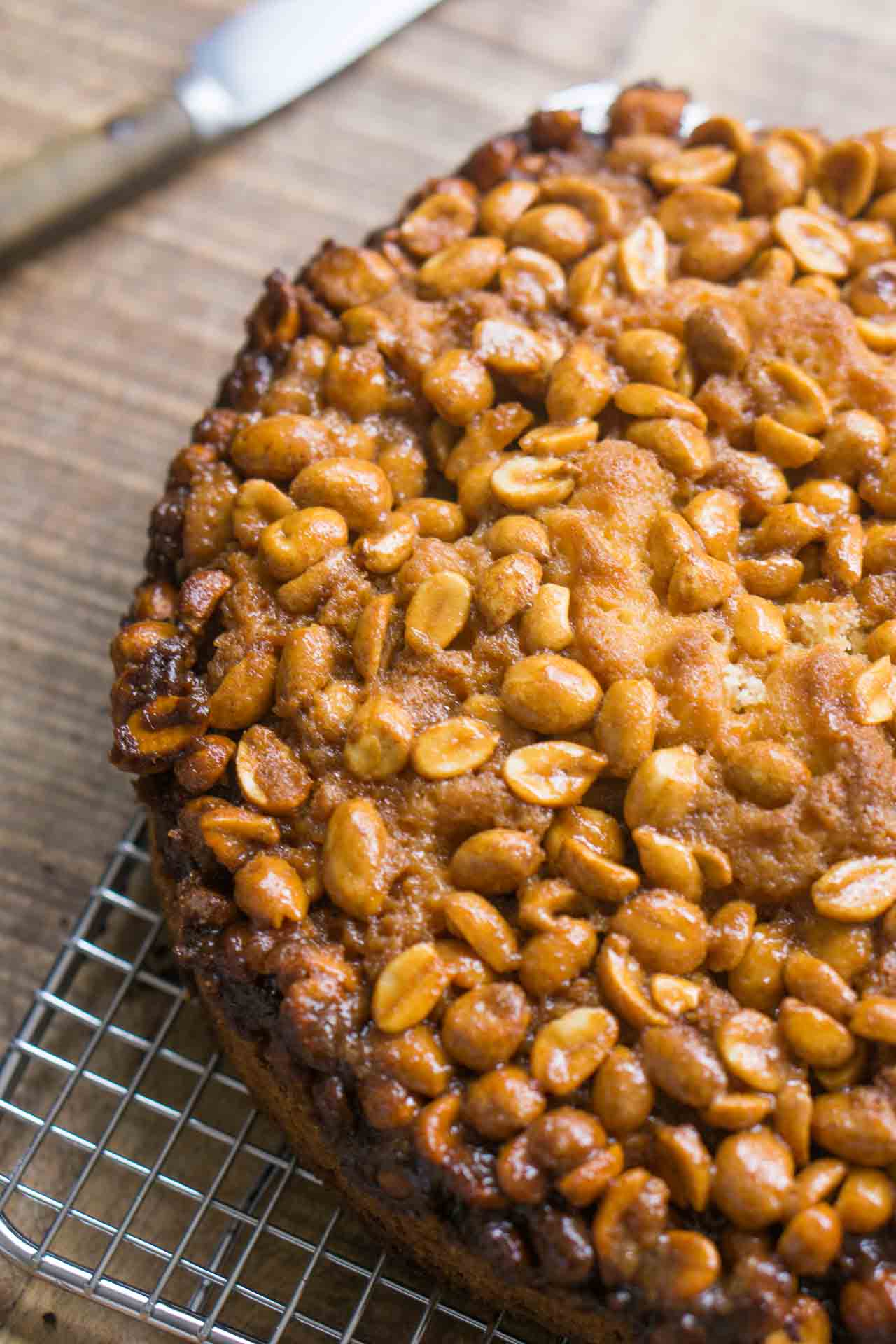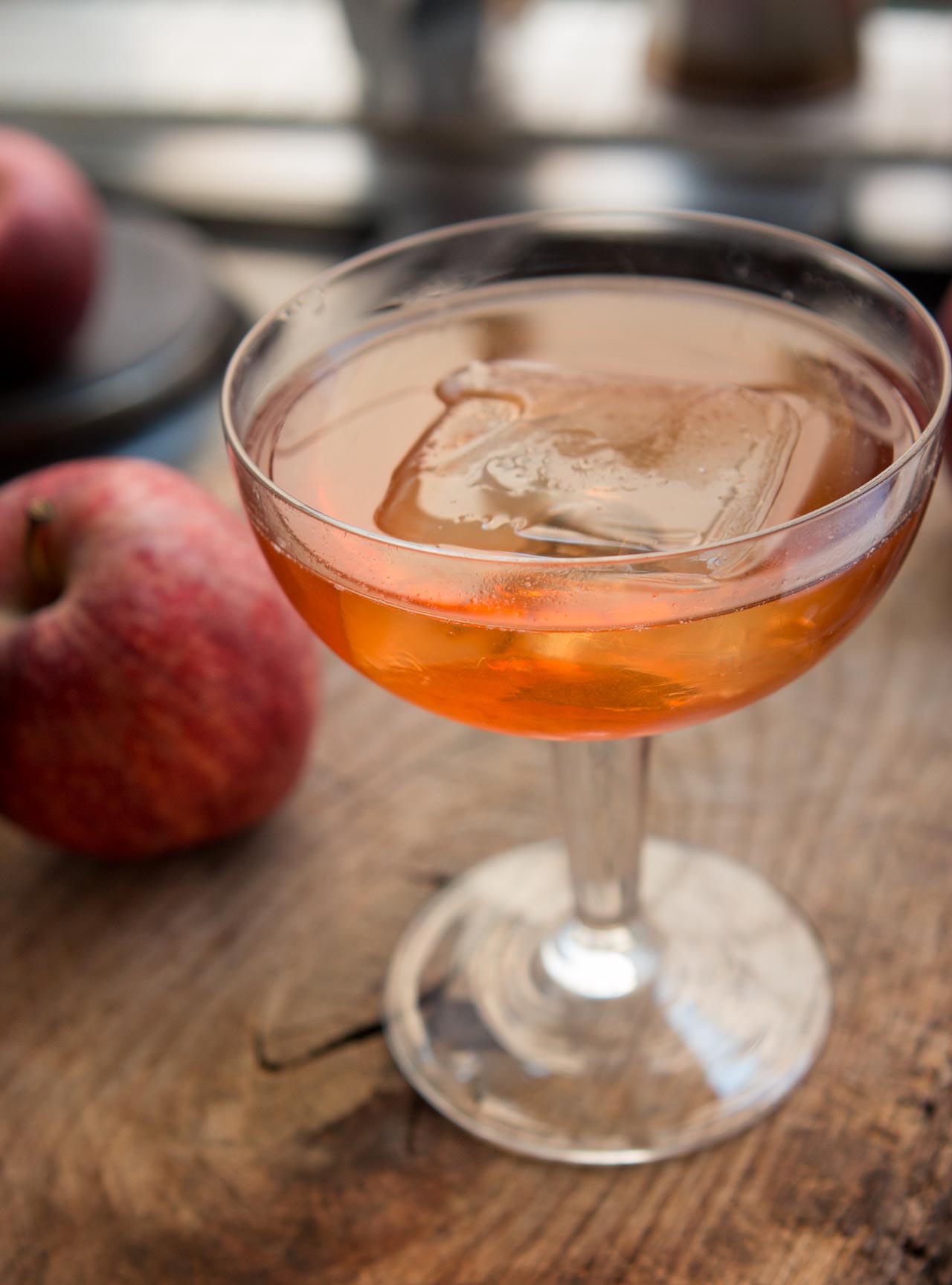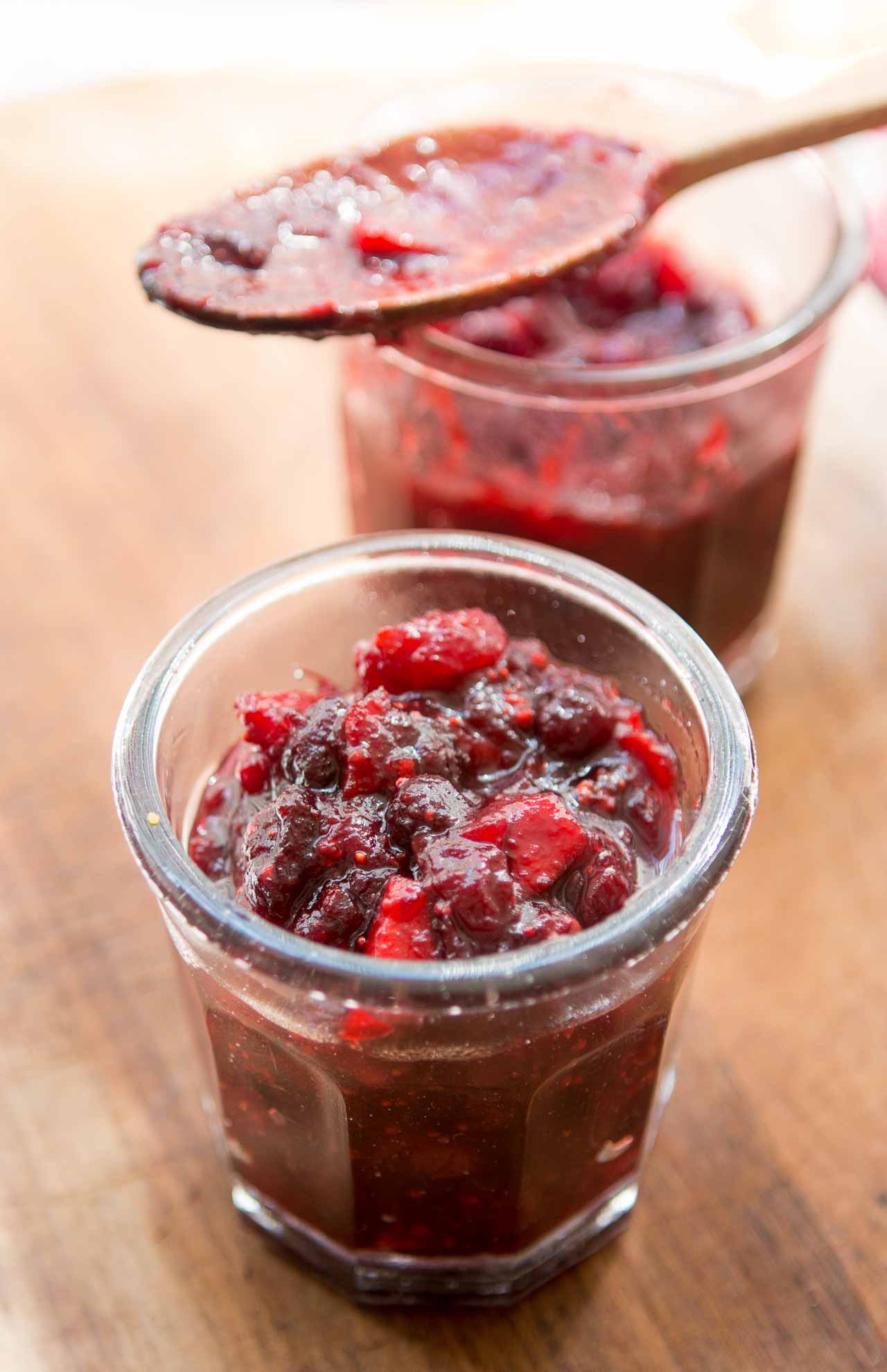Shopping for Local Produce in Paris
Shopping in Paris, especially for food-lovers, can be an exhilarating experience. There’s lovely outdoor markets just about every day of the week, bountiful with fresh produce. For those who like to support local farmers and agriculture, one often needs to look past the displays of fruits and vegetables heaped on the tables to see where they are from (EU regulations require sellers to display that information prominently.) And folks are often surprised to learn that quite a bit of the produce is from elsewhere, whether in France or outside of the country, or continent.
I asked my friend Phyllis Flick, who writes about eating around Paris on her blog My Paris Notebook, where she offers shopping tips and les bonnes adresses, highlighting places in Paris where one can find local produce and restaurants where young chefs are serving the local harvest.
Because she is so good about sleuthing out these places and resources, I am happy to welcome this guest post by Phyllis on Shopping for Local Produce in Paris. –David
Why buy local?
I try to buy locally as much as possible. For one I want to support independent farmers and avoid big agriculture, but it’s mostly a question of taste. Since it doesn’t have to travel far, local produce is fresher and more likely to have been picked when ripe – which means more flavor and more nutrients. By the time industrially grown produce reaches the supermarket it’s likely to have traveled many miles and sat in distribution centers, meaning it’s no longer very fresh. Vegetables rapidly lose their nutrients once picked—spinach looses 75% of its vitamin C within days of being harvested—so if you’re not buying local, you may be better off buying frozen vegetables.
Local produce is also less likely to have been chemically treated in order to withstand long travel times. In addition, a recent study found that fruits and vegetables coming from outside of France had alarming traces of pesticides, some of which are banned in France, so buying fruits and vegetables from countries with lower environmental standards may expose you dangerous pesticides.
So now that you know why it’s better to buy local produce, here’s are some resources and marketing tips on where to find it in Paris:
At the Market
Outdoor markets in Paris are not farmers markets, which means that shopping at your weekly market doesn’t guarantee that your produce even comes from France. You’ll have to read the labels to know what’s local and what’s not. Fortunately, every product sold in France must be labelled according to its origin, so you’ll know if the apples you want are from the Loire Valley, Spain, or even China, if you take the time to look.
If you want to buy direct from the source, look for the words “producteur-maraîcher“. You’ll also want to look for someone who only has a small selection of seasonal produce. If it’s winter and you see tomatoes and strawberries, it’s not local.
But even if a vegetable seller buys their goods from Rungis, the immense wholesale market outside Paris where most food in Paris is bought and sold, it could have very well come from their “producer pavilion” where the area’s producers gather to sell to restaurateurs and retailers who then resell their products in Paris. You’ll know if something is local if it’s marked “Ile de France” or displays the name or number of one of the departments in Île-de-France (75, 77, 78, 91, 93, 94, 95). For local organic vegetables head to the Marché Biologique on Saturdays at Batignolles (Métro: Rome) or the Marché Biologique on Sundays at Raspail (Métro: Rennes, or Sèvres-Babylon). But again, you need to look at the labels. Buying organic strawberries shipped from Chile seems to be missing the point.
Shops and Supermarkets
Of all the natural food shops in Paris, Biocoop is my favorite. What began in the 1970s as a co-operative for buying organic foods has grown into a chain of more than 300 independently owned stores, 11 of which are in Paris. Their mission statement says that they favor local, seasonal produce and each store works directly with local producers. At Biocoop you wont find avocados from South Africa or Kiwis from New Zealand.
One of the newest and largest Biocoop stores is Le Retour à La Terre at 1, rue Le Goff in the 5th (with its sister store at 114, avenue Phillipe-Auguste, 11th). It’s a beautiful store and the closest thing Paris has to Whole Foods with breads, pastries, a cheese and charcuterie counter, freshly prepared foods, local vegetables (including some heirloom vegetables), honey, a large selection of bulk items, and a health and beauty section. Click here to find the biocoop closest to you
If I lived in the neighborhood, this is where I would shop. Maison POS (90 rue de Charonne, 11th), which stands for Produits Objectivement Sérieux (Objectively Serious Products) is a small storefront offering local produce and artisanal products. Everything in the store is of exceptional quality, is either organic or non-treated, and comes directly from the producer. They carry seasonal fruits and vegetables along with a small selection of charcuterie, cheese, raw milk butter, and other dairy products.
Community Supported Agriculture
AMAP or CSA
If you don’t like to shop, you can join an AMAP (Association pour le Maintien de l’Agriculture Paysanne), the French equivalent of Community Supported Agriculture (CSA) whose mission is to support family farmers struggling to compete with industrial farming. An AMAP is a community group who enters into a yearly, or half-yearly, contract to buy weekly from a local farmer. You sign up for the year (or half-year) and pick up your basket of freshly picked vegetables (some offer others goods like eggs, cheese, meat, etc) once a week at specific time and location. You get the freshest of local produce and the farmer is guaranteed a certain number of sales. The downside being you don’t get to choose and need to commit for at least one season. To find an AMAP in your neighborhood check out the AMAP network website.
If you don’t want to commit to a whole season there are several companies which allow you to order on a weekly basis including:
Local Bio Bag: Delivers ultra fresh organic vegetables grown in the Île-de-France, picked either the day or day before delivery.
Tous Primeurs: Allows you to choose between 4 different producers including Joël Thiebault, who supplies some of Paris’s top tables.
Mon Panier Bio: This is a great resource for finding produce baskets in France as it aggregates most, if not all of them, by region.
La Ruche Qui Dit Oui: La Ruche Qui Dit Oui (“The Hive Who Says Yes”, in English), is a terrific online tool which brings together local farmers and consumers looking to buy closer to home. The idea is a cross between online shopping and an AMAP, but unlike an AMAP, you buy what you want, when you want, rather than adhere for an entire season.
It works like this – Someone starts a Ruche in their community, neighbors and local producers join, and then once every week or fortnight there’s an online sale. The producer sets a minimum sale amount and if they don’t reach the minimum, they don’t deliver and that item is deleted from your cart. A few days later you go to the designated delivery spot with your printed shopping list to pick up your goods. There are currently three Ruches open in Paris (the Ruche in the 10th has become so successful that it’s not taking new members for the moment) but more are on the way.
Buying Direct From the Farm: If you are looking to buy direct from the farm, then CERVIA (Le Centre Régional de Valorisation et d’Innovation Agricole et Alimentaire de Paris-Île-de-France), which promotes agriculture in the Île-de-France, is a good resource. Their website has an interactive map displaying farms that sell direct to consumers along with shops that sell local products. The map will also show you where to find a “cueillette”, a pick-your-own” produce farm, and explains the different products produced in the Île-de-France.
Decouverte de la Ferme IDF: Another good website listing farms you can visit in Île-de-France.
Annuaire Agence Bio: This is a great national website where you can search by-product. If you’re looking to find a farmer who will sell you organic milk or eggs, just put in your criteria and region and you’ll find what you’re looking for.
Urban Farming: Grow it Yourself
You can’t get more local than growing your own vegetables. Here are a few resources to help you cultivate a green thumb in Paris:
Community Gardens: If you don’t have a garden, you can join a community garden, or jardin partagé, which exist in nearly every arrondissement in Paris. These are community spaces, often supported by the city of Paris, where you can have your own, albeit very small, patch of land. Unfortunately as space is limited, the waiting list can be long. But you can still join and enjoy the community aspect while waiting to have your own plot. Click here for the Mairie de Paris’s list of all community gardens in Paris.
Jardinons Ensemble: Resources for urban gardening and a list of community gardens in Ile de France.
Plantez Chez Nous: This website pairs would-be gardeners without any land with those who have the space but not the time or desire to get their hands dirty. Landowners and gardeners then share the harvest, so it’s a win-win situation for all.
Au Petit Potager: Similar to Plantez Chez Nous with classified ads for sharing garden space, tools and even your harvest if you find yourself with more tomatoes than you know what to do with.
Ferme de Saint Marthe: A comprehensive website where you’ll find everything you need for gardening. They have an impressive selection of seeds, with nearly 500 different types of vegetables, including 85 varieties of tomatoes.
Alsa Garden: This online boutique offers rare, medicinal, heirloom and “forgotten” vegetables, herbs and plants, which can be shipped anywhere in the world.
Urban Gardener: A Brooklyn Native teaches apartment dwellers the basics of starting a vegetable garden with little to no space.
Visit Phyllis at her blog My Paris Notebook and you can follow her on Twitter. All text and photos in this post are courtesy of Phyllis Flick.)
Related Posts and Links
Community Supported Agriculture in Paris
Visit to a Paris Market (Video)
